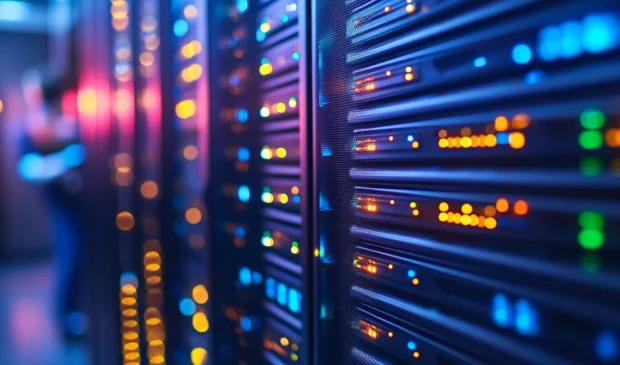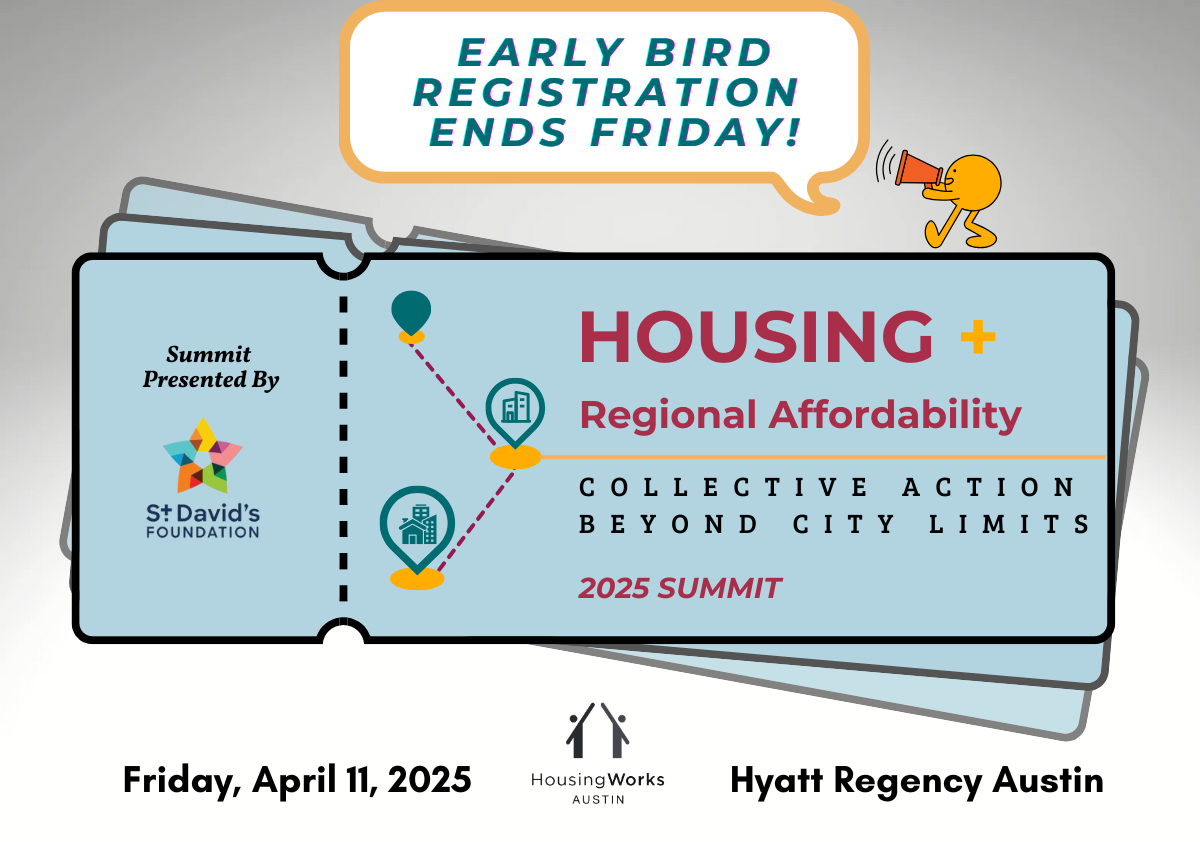About the Author
Chad Swiatecki is a 20-year journalist who relocated to Austin from his home state of Michigan in 2008. He most enjoys covering the intersection of arts, business and local/state politics. He has written for Rolling Stone, Spin, New York Daily News, Texas Monthly, Austin American-Statesman and many other regional and national outlets.
Newsletter Signup
The Austin Monitor thanks its sponsors. Become one.
Most Popular Stories
- The Austin area won’t be seeing a lot of bluebonnets this year. Here’s why.
- SXSW shrinks as indie venues contemplate competitiveness
- Eviction crisis spreads as affordability pressures worsen
- City pauses $10M in airport art over concerns local creatives were excluded
- Icon Homes prepping smaller home printing tech to meet Austin’s infill push
-
Discover News By District
Popular Whispers
- Austin’s minority homeownership gap smaller than national average
- Nick Barbaro retires as publisher of ‘The Austin Chronicle’
- Central Health schedules Community Conversation event
- Infrastructure leaders slated to gather at AT&T Hotel and Conference Center
- Foundation offers $10M in grants to support health careers

Panelists explore AI’s growing role in Austin’s economy and policy space
Thursday, February 13, 2025 by Chad Swiatecki
With artificial intelligence quickly penetrating more facets of public and private life every day, policymakers and technology observers in Austin want the city to take advantage of the opportunities presented by AI while also safeguarding against the potential threats from its misuse.
Those were the broad outlines of a pair of panel discussions held Tuesday by the Austin AI Alliance, with representatives from Dell Technologies, Q2 and Texas State University plus Mayor Pro Tem Vanessa Fuentes discussing how the city can help to advance AI innovation and make sure the technology is suited to benefit as many people as possible.
The innovation panelists spoke about the need for collaboration between industry, academia and government to navigate the opportunities and risks associated with AI, with particular focus on workforce training. Speakers acknowledged both the potential of AI to improve efficiency and the challenges it poses for workers adapting to changing job demands.
Fuentes highlighted Austin’s position as one of the largest employers in the region, with more than 12,000 employees, and emphasized the importance of the city’s move last year to establish ethical guidelines for AI use by city employees. Those guidelines focus on transparency, employee training and ethical considerations while balancing innovation with responsible implementation – and acknowledge the importance of keeping city staff current on how to use newer advancements in AI.
“It was important, looking at how can we ensure that we’re protecting the privacy of data and the rights of our employees, not only for internally developing guidelines for how the city should operate with employees amongst themselves, but also with the services in which we provide to our residents,” she said.
Fuentes highlighted the city’s use of AI to assist in wildfire detection and roadway safety to adjust traffic signals for elderly or disabled pedestrians. Planning and permitting is another city responsibility that is being transformed by AI, with pilot programs that saw code compliance tasks and pre-check assessments for single-family residential projects handled by vendors using AI technology.
One area of concern for local leaders is the growing demands for energy and water created by data centers built by Google and other major AI players, with Fuentes focusing on the impact of the data centers located in her District 2 jurisdiction.
“Each ChatGPT query that you make runs 10 times the amount of power of your traditional Google search, and with these data centers popping up in our cities … they require a lot of power, a lot of electricity, they give off a lot of heat and so they need a lot of water to be able to cool down their systems,” she said. “When you’re thinking about the resources that your community has, we have to balance the impact of having data centers that are powering AI and what that means for our local water and our local energy because ultimately that’s going to have an impact on the everyday resident and the rates that we pay.”
Jay Boisseau, a member of the board for the Austin AI Alliance, touted the capabilities of AI to allow people to educate themselves on advanced topics very quickly. He also emphasized the need for elected officials to set up protections to prevent the technology from being used in harmful ways.
“I think government on AI should live in the same place it lives in the EPA and the FDA, which is a recognition that without regulation in a capitalist society companies will run the risk of creating dangerous products or damaging people or the environment or something in some way,” he said. “AI is evolving so rapidly. The time scale for the evolution and of capabilities and adoption is so fast and the complexity is so high. It’s hard to keep up with what’s going on in AI because the rate of change is so high.”
The Austin Monitor’s work is made possible by donations from the community. Though our reporting covers donors from time to time, we are careful to keep business and editorial efforts separate while maintaining transparency. A complete list of donors is available here, and our code of ethics is explained here.
You're a community leader
And we’re honored you look to us for serious, in-depth news. You know a strong community needs local and dedicated watchdog reporting. We’re here for you and that won’t change. Now will you take the powerful next step and support our nonprofit news organization?





